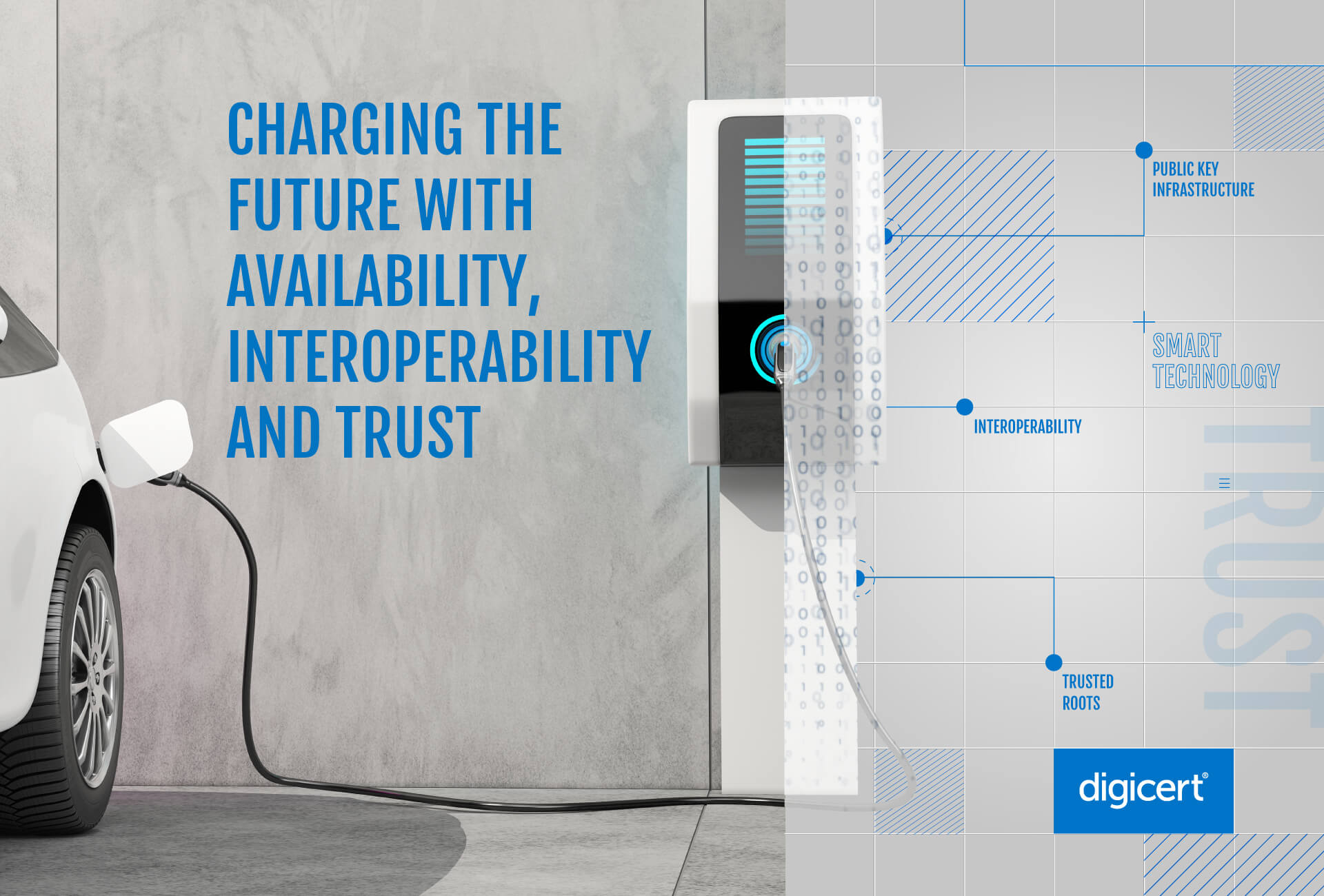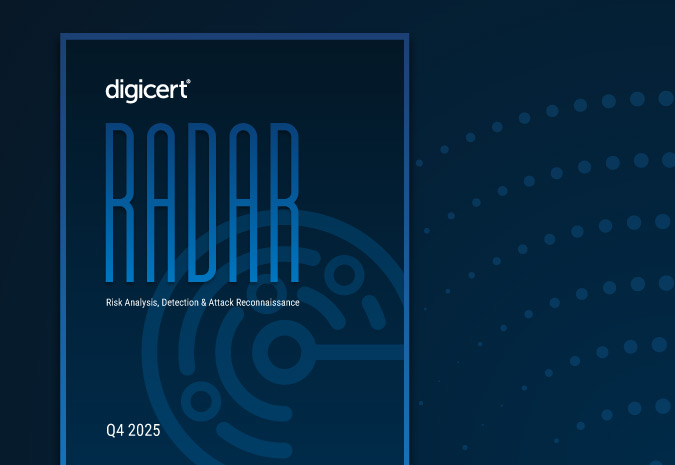
When consumers think about the automakers that manufacture electric vehicles (EVs), brands like Tesla and Rivian typically top the list.
But everyone from Mazda to Maserati now has a car in the EV race, and PACCAR is making massive strides in the push to electrify commercial fleets.
More EV options mean more people driving them, which means more people relying on public charging stations to power their cars and trucks. And if you’ve ever taken a long-distance drive in an electric car, you know public chargers are often few and far between.
That’s about to change—but only if automakers, EV charger manufacturers, and security companies work together to equip the EV charging infrastructure with availability, interoperability, and trust.
Improving the availability of public charging stations
The first roadblock to widespread EV use is the limited number of public charging stations, most of which are currently found not along the long stretches of road where long-distance travelers might desperately need them, but in the parking lots of shopping centers and other for-profit businesses that want you to spend money while you charge.
It's a problem that initiatives like the National Electric Vehicle Infrastructure (NEVI) Formula Program are working hard to address. Administered by the U.S. Federal Highway Administration, NEVI is investing $5 billion in constructing and deploying fast, reliable chargers along national highways throughout the country.
Ohio broke ground on the first NEVI-funded EV charging station in October 2023, but 25 other states are poised to begin building stations of their own along nearly 80,000 miles of designated alternative fuel corridors.
Promoting interoperability between public EV chargers
Tesla Superchargers are great for quick charges on the go. But until recently, they haven’t been available to EV drivers who opt for a non-Tesla brand. While seven other major automakers plan to add 30,000 U.S. charging stations to the mix, the real game-changer isn’t just more chargers—it’s interoperability.
Some Tesla Superchargers already offer Magic Dock CCS adapters, which allow any EV with a Combined Charging System (CCS) plug to juice up at Tesla charging stations equipped with Magic Docks.
But the experience isn’t always a positive one. To use a Tesla Supercharger, non-Tesla EV owners must first download the Tesla app, create a profile, and add a payment method. The app then helps drivers locate an adapter-equipped Supercharger, but non-Tesla owners often find that their EVs charge more slowly than they would on a DC fast charger. Plus, Tesla Supercharger cords are short, and the placement of charge ports still needs to be standardized across EVs.
While most of the non-Tesla EVs on the market today use Supercharger-incompatible CCS plugs, several automakers plan to equip future EV models with Tesla’s North American Charging Standard (NACS) ports. As NACS ports become more widespread across all brands, interoperability will become the rule, not the exception, improving user experiences and removing one of the significant barriers to getting more EVs on the road.
Securing public charging stations with digital trust
Greater EV charger availability and interoperability will change the face of the EV ecosystem. But there’s one less visible—but just as important—component: digital trust.
The smart technology that powers and charges EVs is like a chain—it’s only as strong as its weakest link. Infusing trust into the EV infrastructure means securing the distribution of energy, ensuring the integrity of payments, protecting software from end to end, and authenticating vehicle identities.
One of the technologies most vital to secure EV charging is public key infrastructure (PKI), which confirms the legitimacy of contract certificates for drivers and establishes a secure connection between EVs and chargers, a two-way authentication process that occurs automatically when the EV plugs in.
SAE International, an association of engineers and experts, has been developing a PKI for cyber-secure charging to fortify the EV charging infrastructure in North America. And in November 2023, DigiCert established the EV industry’s first unaffiliated root of trust, allowing EV manufacturers and OEMs to issue, test, and deploy the ISO 15118-2 certificates that will ensure trusted connections between global automakers and Plug & Charge infrastructure.
Industry giants Ford and EVgo were among the first to test the new root of trust, paving the way for seamless charging—without the security gaps. The standards being set in North America are likely to influence the rest of the world, bringing availability, interoperability, and trust to the global EV ecosystem and furthering efforts to make transportation sustainability a long-overdue reality.
The latest developments in digital trust
Want to learn more about DigiCert Device Trust Manager and topics like PKI, IoT, and cybersecurity? Subscribe to the DigiCert blog to ensure you never miss a story.




